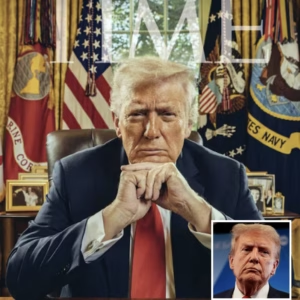Losing a loved one is one of life’s most difficult experiences, and the ways people express their grief and honor those they’ve lost vary across cultures. Among the many traditions of remembrance, one particularly meaningful gesture is the practice of placing coins on gravestones. This custom carries special significance, especially for veterans and their families.
The history of this tradition is not entirely clear, with some theories tracing its origins back to the Roman Empire. However, it gained notable prominence during the Vietnam War. At a time when the war sparked deep political divides and tensions, leaving a coin on a gravestone became a way to silently pay respects. This quiet gesture allowed visitors to acknowledge a fallen soldier’s service without the need for potentially fraught conversations with the soldier’s family.
Each type of coin left on a gravestone carries its own message of remembrance. A penny indicates a visit, a small but heartfelt token of respect. A nickel signifies that the visitor and the deceased shared experiences in boot camp, reflecting a bond formed in the earliest stages of military service. A dime symbolizes that the visitor served alongside the fallen soldier, a testament to their shared journey. The most profound gesture is marked by a quarter, which means the visitor was present at the time of the soldier’s death, a deeply personal and emotional connection.
This practice is deeply rooted in military culture, aligning with other traditions that honor service and unity. One such tradition is the use of challenge coins—tokens exchanged among service members to symbolize camaraderie and shared experiences. While these coins hold no monetary value, they represent a bond that transcends their material worth, much like the coins left on gravestones.
Beyond military customs, coins have held symbolic roles in various cultures throughout history. They have been used to express good luck, make wishes, and signify status or wealth. The practice of placing coins on gravestones, while steeped in military meaning, is part of this broader cultural tapestry. It reflects the human desire to create tangible, meaningful connections to those we have lost.
Though the exact origins of the tradition may remain a mystery, its significance is unmistakable. Placing coins on gravestones serves as a quiet, powerful tribute to the sacrifices made by service members and the enduring respect owed to them and their families. It is a poignant reminder that, even in death, their memory and service are honored and cherished.





